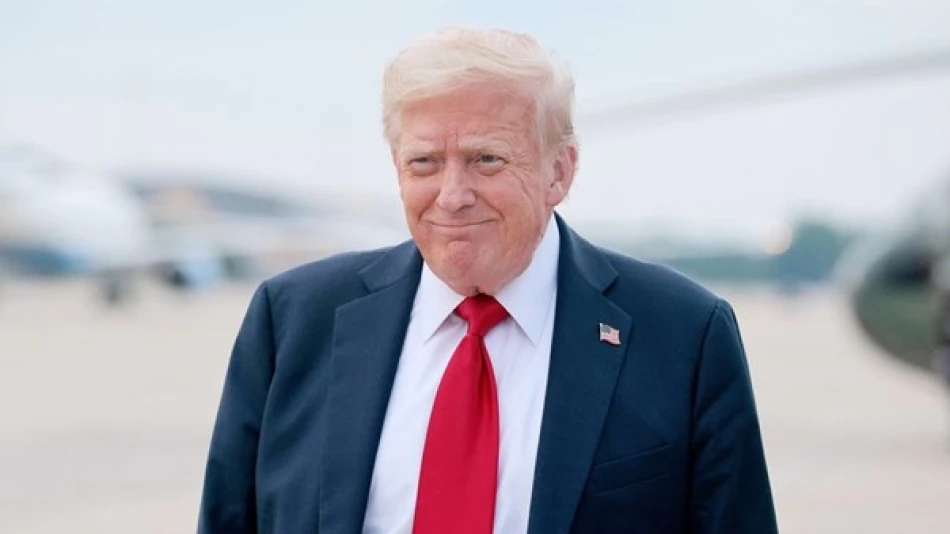
Trump Appoints Top Aide as US Ambassador to India, Strengthening Diplomatic Ties
Trump Taps Loyalty Enforcer Sergio Gor as Ambassador to India in Strategic Power Play
President Donald Trump has appointed Sergio Gor, his 38-year-old White House gatekeeper responsible for vetting thousands of political appointees, as the new U.S. Ambassador to India. The move signals Trump's prioritization of personal loyalty over traditional diplomatic experience in managing America's most crucial Indo-Pacific relationship.
The Loyalty Test Architect Heads to New Delhi
Gor's rapid ascent from conservative political circles to Trump's inner circle culminated in one of the administration's most sensitive roles: ensuring absolute loyalty among approximately 4,000 political appointees. This vetting responsibility, unprecedented in its scope and intensity, made Gor one of the most influential figures in determining who gains access to senior government positions.
Trump announced the appointment on Truth Social, emphasizing personal trust over diplomatic credentials: "For the most populous region in the world, it's important that I have someone I can trust completely to deliver my agenda and help us Make America Great Again."
Dual Role Strategy: Ambassador Plus Regional Envoy
Beyond the ambassadorial post, Gor will simultaneously serve as Special Envoy for South and Central Asia, a dual appointment that consolidates significant regional authority under a single Trump loyalist. This structure suggests the administration views the region through a unified strategic lens, likely focused on countering Chinese influence while managing complex relationships with Pakistan, Afghanistan, and Central Asian republics.
Breaking Diplomatic Tradition
The appointment represents a sharp departure from recent precedent. Previous ambassadors to India typically brought extensive diplomatic experience or deep regional expertise. Former Ambassador Eric Garcetti, appointed under Biden, served as Los Angeles mayor for eight years and brought significant administrative experience to the role.
India's Strategic Importance in Trump's Calculus
Trump's emphasis on having someone he can "trust completely" in New Delhi reflects India's outsized importance in U.S. strategic planning. As the world's most populous democracy and fastest-growing major economy, India represents both a crucial counterweight to China and a massive market for American businesses.
The U.S.-India relationship has evolved dramatically over two decades, from the 2005 nuclear deal to the Quad partnership alongside Japan and Australia. Annual trade between the nations exceeds $190 billion, while defense cooperation has deepened through technology transfers and joint exercises.
Economic and Security Implications
Gor's appointment comes as the U.S. seeks to accelerate India's role in semiconductor manufacturing, critical minerals supply chains, and defense production. His background in political operations rather than trade or defense policy suggests Trump may prioritize high-level political coordination over technical expertise in advancing these initiatives.
The Broader Pattern of Loyalty-First Appointments
This appointment fits Trump's broader pattern of prioritizing personal loyalty and political alignment over traditional qualifications. Similar approaches in his first term yielded mixed results—strong political coordination but occasional diplomatic friction when inexperienced appointees navigated complex international relationships.
For investors and businesses operating in the India market, Gor's appointment signals continued U.S. commitment to the relationship, but with potentially different priorities and approaches than previous administrations. His political background suggests focus on high-level agreements and symbolic wins rather than technical trade negotiations or regulatory coordination.
Most Viewed News

 Layla Al Mansoori
Layla Al Mansoori






